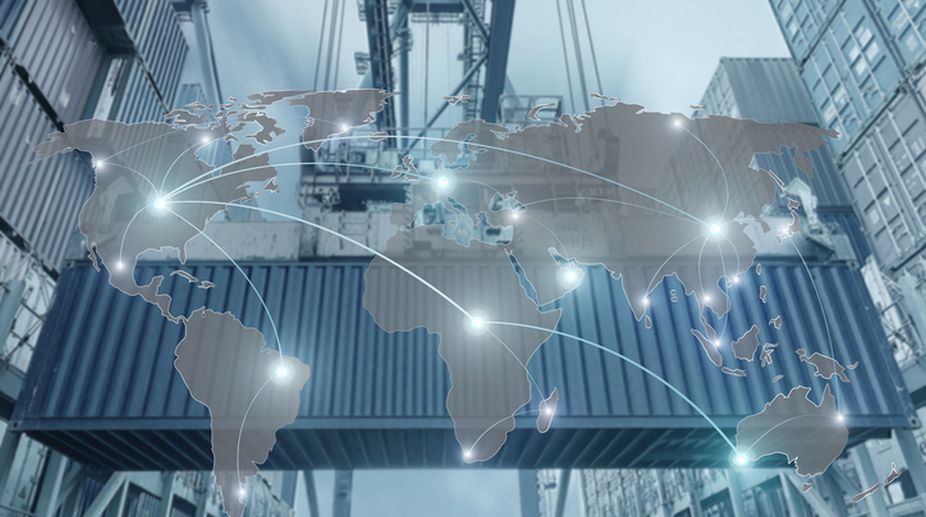In an effort to boost the manufacturing sector and promote 'Make in India', imported goods will become more expensive when the Goods and Services Tax (GST) is implemented. At a workshop on GST with journalists, Revenue secretary Hasmukh Adhia said on Tuesday that goods that are imported to India will be subject to GST and inter-GST tax apart from Customs duty.
Adhia said the government has kept Customs duty absolutely separate from GST and hence earlier importers were only paying Customs duty. After GST is implemented, importers will have to pay both. "This is being done keeping in mind the vision of Make in India and to boost manufacturing and exports," Adhia said.
Advertisement
In his presentation, the Revenue Secretary also explained that tax burden or tax incidence on domestically produced goods and imported goods will remain the same. This will end cost disparity between domestically produced goods and imported items, hence giving a boost to government’s ‘Make in India’ initiative.
Adhia said exporters will get entire refund of tax paid in the country, of which 90 per cent will be released within a week. This will reduce the cost for exporters, making Indian exports more competitive in the international market, he said.
"Indian exporters will become more competent in the international market now, as they will get this refund," he said. Currently, exporters get a refund of excise duty levied by the central government, and a refund of VAT by some states.











